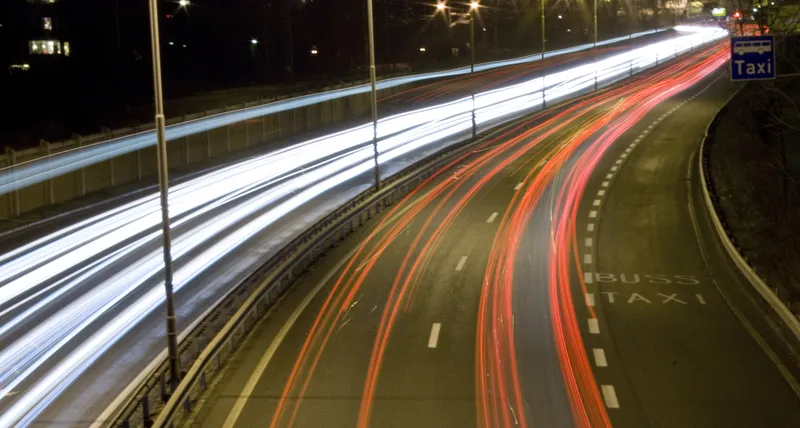Israel-headquartered HTS, Optical Character Recognition (OCR) and computer vision systems specialist has been awarded a patent for its license plate character recognition systems by the US Patent and Trademark Office. The patent covers HTS's system for providing automatic character recognition and specifically, the multi-level neural network based characters identification methods and system. According to HTS, its systems enable precise, reliable, fast and automatic identification of characters on site and
December 13, 2012
Read time: 2 mins
Israel-headquartered 4015 HTS, Optical Character Recognition (OCR) and computer vision systems specialist has been awarded a patent for its license plate character recognition systems by the US Patent and Trademark Office.
The patent covers HTS's system for providing automatic character recognition and specifically, the multi-level neural network based characters identification methods and system.
According to HTS, its systems enable precise, reliable, fast and automatic identification of characters on site and the performance and calibration of data verification to ensure data reliability. The system can also override adverse conditions and be able to correct partially unclear images. The method is multifunctional and applicable to any number of fields such as LPR as well as inventory and storage management.
HTS claims to be one of the first companies to develop and manufacture commercial OCR systems and has gained a reputation as an authority in OCR and computer vision technology. The company has successfully implemented commercial container code recognition (CCR), license plate recognition (LPR) systems and other computer vision systems in ports, traffic and security sectors in over 40 countries worldwide.
The patent covers HTS's system for providing automatic character recognition and specifically, the multi-level neural network based characters identification methods and system.
According to HTS, its systems enable precise, reliable, fast and automatic identification of characters on site and the performance and calibration of data verification to ensure data reliability. The system can also override adverse conditions and be able to correct partially unclear images. The method is multifunctional and applicable to any number of fields such as LPR as well as inventory and storage management.
HTS claims to be one of the first companies to develop and manufacture commercial OCR systems and has gained a reputation as an authority in OCR and computer vision technology. The company has successfully implemented commercial container code recognition (CCR), license plate recognition (LPR) systems and other computer vision systems in ports, traffic and security sectors in over 40 countries worldwide.









